
The Hopkinton High School team of (from left) Dylan Striek, Disha Mudenur and Rylee Blair took first place at the state Science Fair on May 5.
Hopkinton High School sophomore Dylan Striek and juniors Rylee Blair and Disha Mudenur went camping last summer in Nova Scotia and woke up in front of the ocean to beautiful sunrises.
“Being so used to Hopkinton and Boston’s environment, we hadn’t recognized how beautiful nature really was until that trip,” Striek recalled. The trio realized the differences in environment were impacted by excess carbon dioxide, particularly in the water.
That discovery formed the basis of their Science Fair project titled, “Electrolytic Extraction of Dawsonite from Ocean Water: Efficient Saltwater Mineral Recovery through Electrolysis,” which placed first at the school event and second at the regional fair in March.
Those results earned them a spot in the state-level fair on May 5 at Massachusetts Institute of Technology (MIT), where they placed first and additionally won a special prize — the Pauline Lamarche Special Award for Excellence in Design.
That victory qualified them to compete at the International Science Fair, which was held May 15-19 in Dallas.
Striek and the other students, friends since sixth grade, became interested in learning about ocean acidification and its effects, wanting to help restore Boston waters.
“Solving this problem together became really important to us,” Striek said.
Striek explained the Science Fair project involved creating a method to extract carbon dioxide from the ocean using dawsonite, a naturally occurring mineral.
The main criteria for the experiment, Striek said, was ensuring ample amounts of dawsonite were extracted from the ocean while at the same time ensuring there was minimal pH change.
The student explained, “pH change is a large part of our project’s criteria because various methods previously tested noted that wildlife around the major plants died at rapid rates, and we wanted to ensure that the environment is not negatively impacted by our design.”
Following the research period, the team conducted more than 140 experiments over eight months, each one lasting at least 10 minutes, and compiled eight notebooks full of documentation. The process also involved researching different ways to present the data, which they compiled through Excel.
Striek said the experience taught them about good teamwork.
“We did many different types of experiments and used a lot of cool science equipment, which was all new to us,” Striek said.
While the students thought the science was the best part of the experience, they also had fun presenting to judges, appreciating their interest as well as learning more about careers in science.
Striek said the team initially was intimidated by the “complex-sounding names” of projects and the prestigious schools from which their competitors hailed.
“But we still presented what we did with confidence. If the hard work is there, it will show,” he said.
In addition to excelling with science and presentation, Striek believes the teammates having fun with each other solidified their winning project.
“We have spent hundreds of hours together on this, and if we didn’t know how to enjoy each other’s company, we would not have made it as far as we did,” Striek added.
Additional Hopkinton prize winners at the state fair included:
“Utilizing Hypermagnesemia to Understand the Impact of Neuromuscular Blocking Agents on Caenorhabditis Elegans: A Safe Novel Automated Model for Paralytic Drug Testing” by Srilakshmi Venkatesan, third place; “Chlorella vulgaris as a model for photobioreactor use in industrial carbon removal” by Juliet Findlen, honorable mention.
Receiving the Special Award: Mass Life Sciences-Trailblazer Award for Innovation in Life Sciences was “PFAS Pollution and Its Effects on Daphnia Pulex: Implications for the Environment and Human Health” by Necalli Vela-Garcia, Surya Raja-Amudhan and Nithu Sridharan.
Five HHS teams won prizes at the regional event — including four that placed in the top 15 — and earned spots in the state competition.
In addition to the team of Striek, Blair and Mudenur taking second place, three HHS individuals received third-place prizes: Sahithi Pogula for “In Silico SALL4 Oncogene Overexpression Correlation to Non-Coding RNA Post-Transcriptional Regulation and Epigenetic Control,” Srilakshmi Venkatesan for “Utilizing Hypermagnesemia to Understand the Impact of Neuromuscular Blocking Agents on Caenorhabditis Elegans: A Safe Novel Automated Model for Paralytic Drug Testing,” and Juliet Findlen for “Chlorella vulgaris as a model for photobioreactor use in industrial carbon removal.”
Additionally, the team of Briana Mallouh, Tomo Oga and Avani Daga received honorable mention for “Next Time-Step Pollution Level Prediction Using Custom Recurrent Neural Networks.”
Kristen Murphy, teacher and director of the program since 2017, said Hopkinton consistently has been one of the top schools in the region and grown into one of the largest programs in the state.
For the past three years, a team from HHS has qualified for the international competition, a feat she said is “pretty unheard of for a public school in Massachusetts.”
Murphy said she is most proud of the increase in student participation, with 110 students working on projects this year.
“Even if these students don’t win awards, there is a huge amount of learning and growth that takes place,” Murphy said. “I think it’s a great opportunity for students to challenge themselves and learn a lot about perseverance.”
The program is a hybrid between a class and club, an optional enrichment activity open to all high school students eager to learn research techniques and investigate a topic of interest.
Murphy noted the HPTO provides a grant to help buy supplies for every project so students can participate at no cost.
Next year, the school is offering an advanced research elective seminar for 10th graders. Murphy said the class involves bringing in weekly expert community members. She urged anyone in town willing to speak to a class about research and applications in science to contact her.
Murphy added, “Asking questions, developing a plan, troubleshooting when things don’t go well, working as a team, teaching others about a topic — these are some of the most important skills students need, no matter what career they eventually choose.”


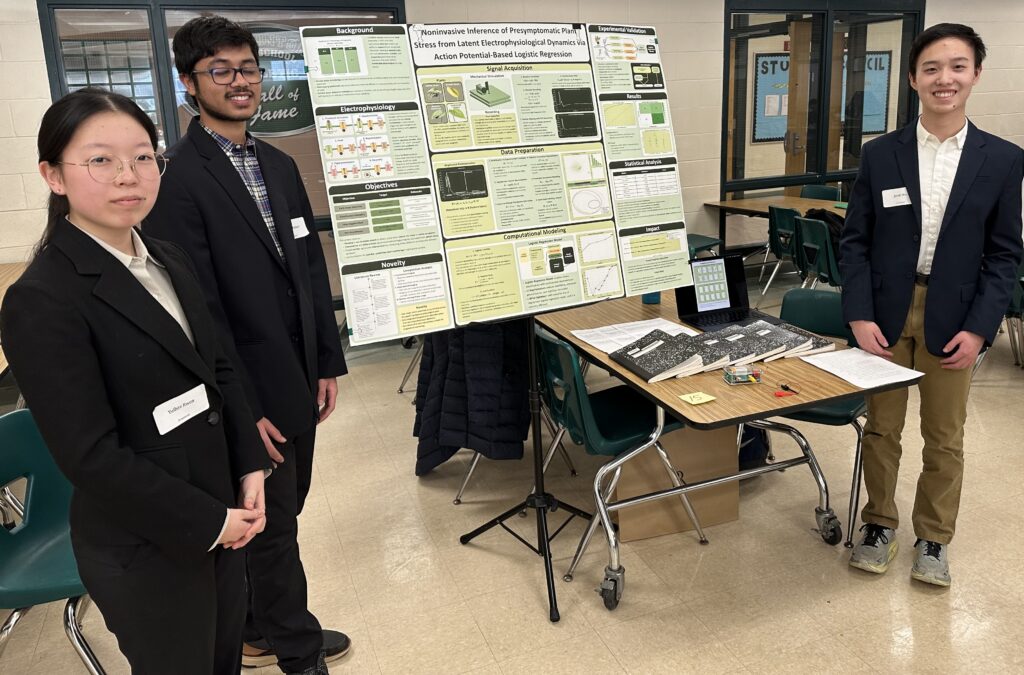
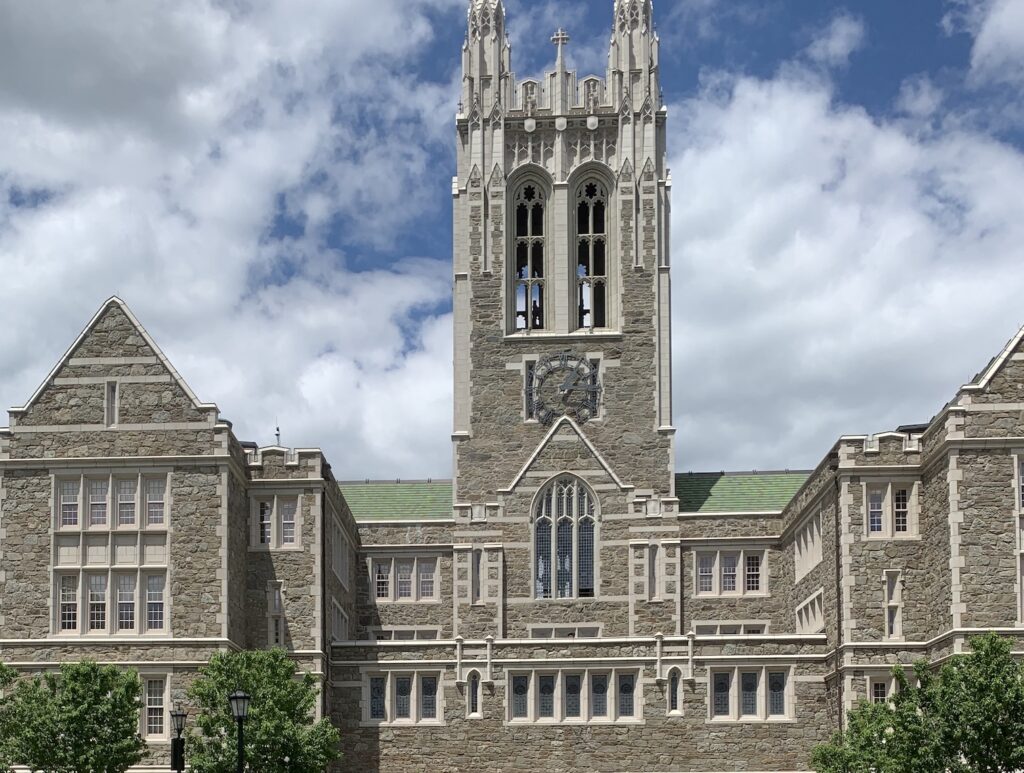
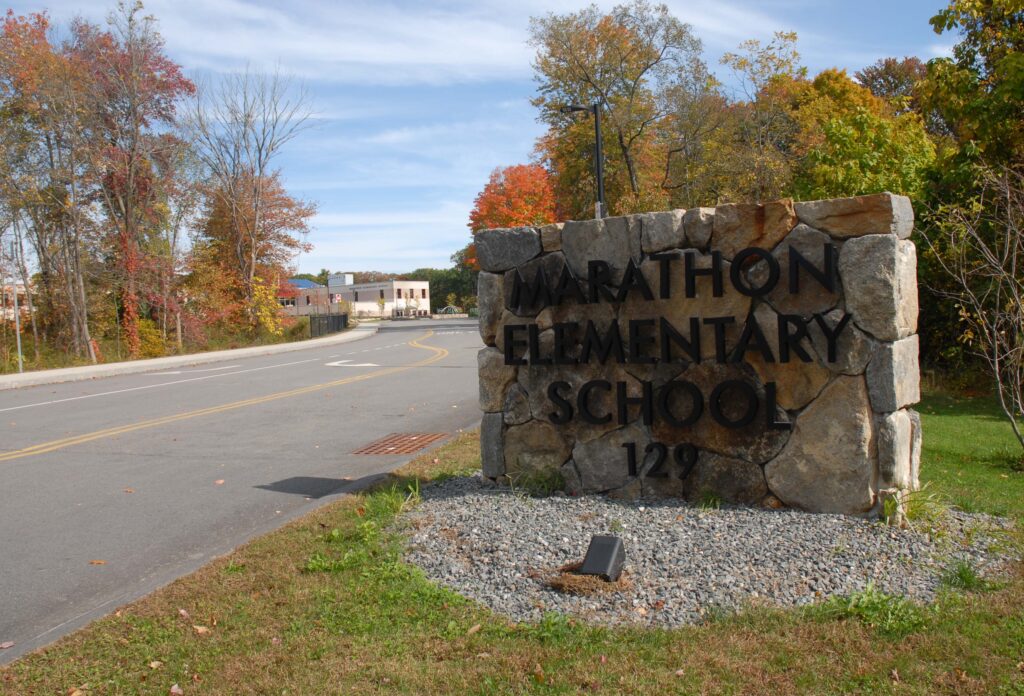
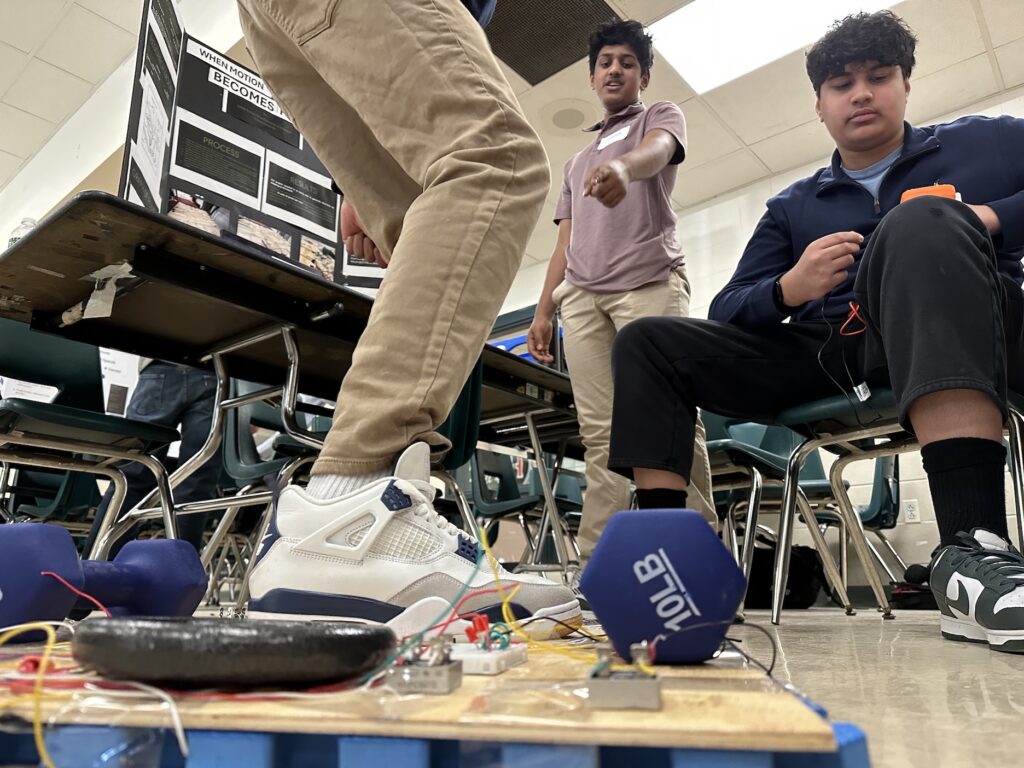
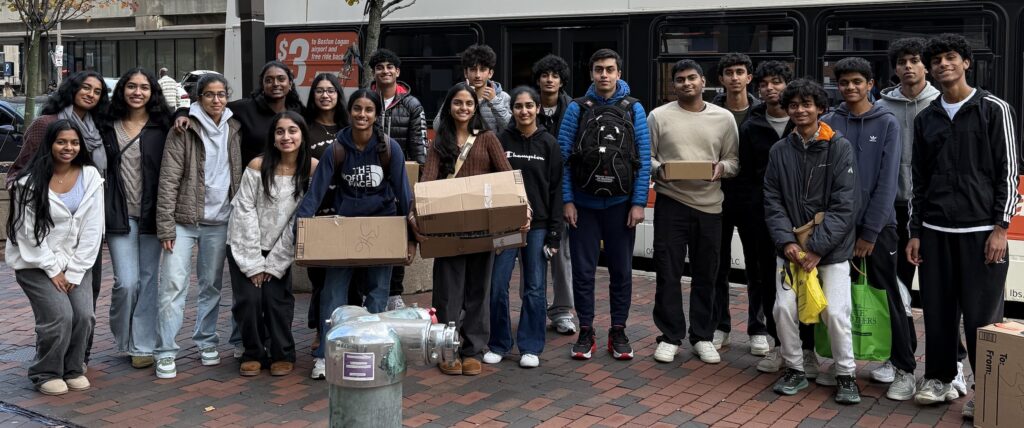
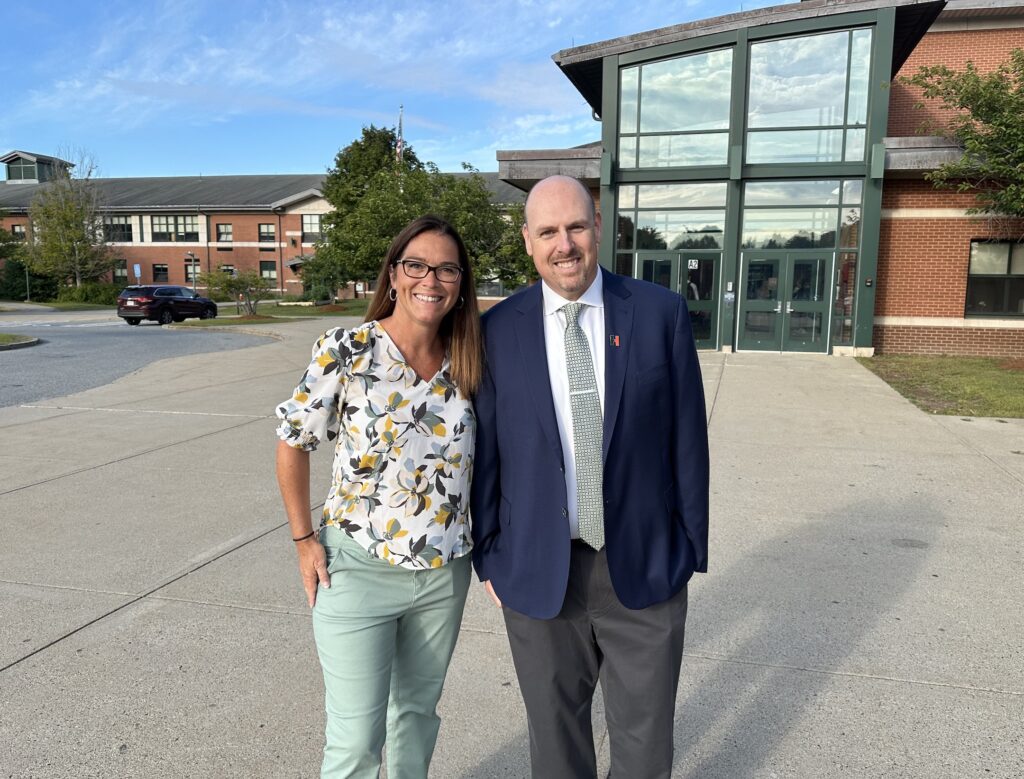













0 Comments